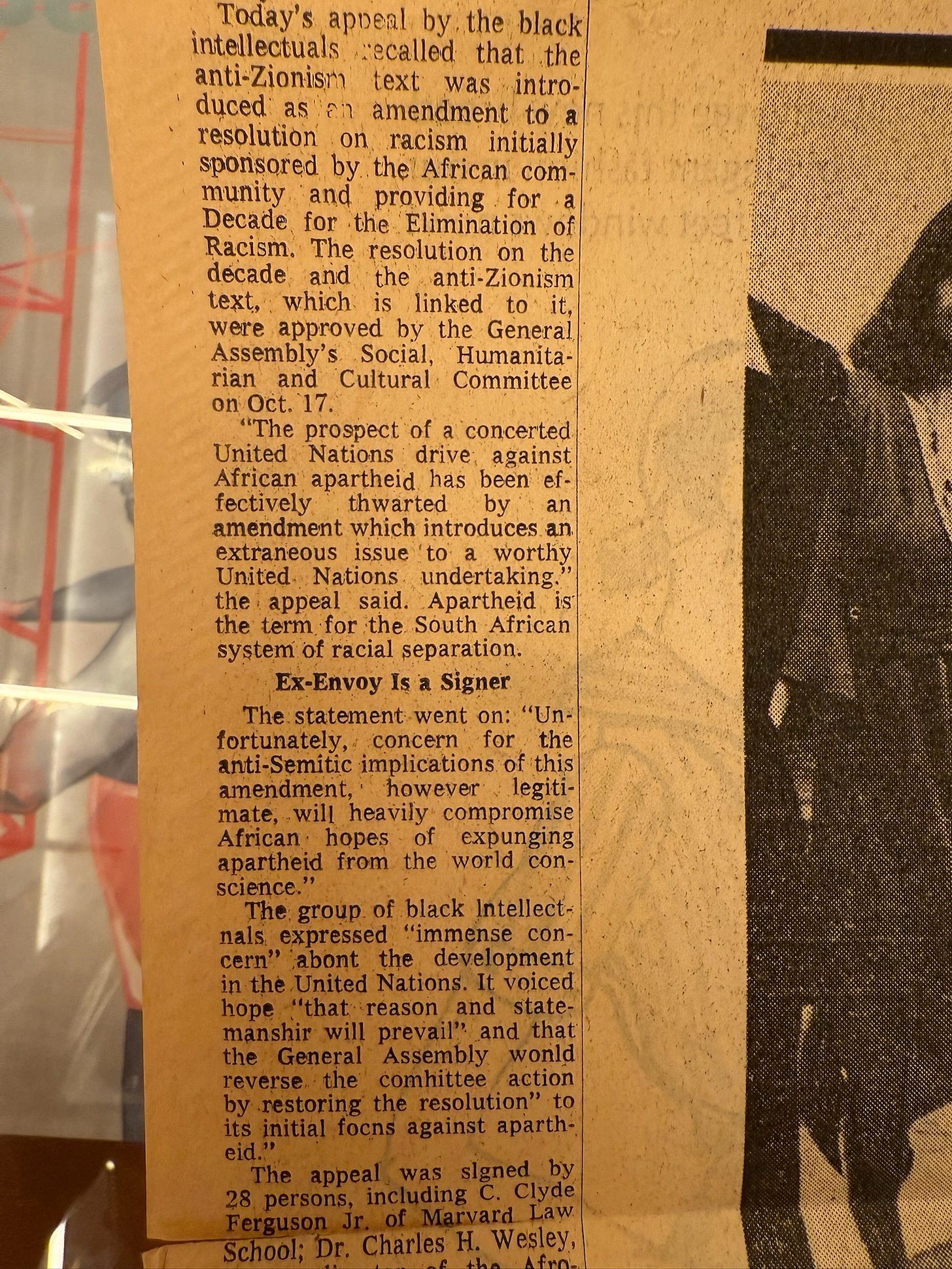Family dynamics
My parents divorced when I was two, so I never really got to experience them together in the same way that my older siblings did. My siblings are two years apart, kind of like Preston and Claude, and they had a really tight family unit even before I was born. I imagine that right before I came along, things started to go south, and therefore I represent a lot of change. Maybe not in the best way.
At the same time, I was also super shielded from all of it. My siblings were five and seven when the divorce happened, so they definitely experienced more of the tension. I was really young and sort of oblivious and they did a good job of protecting me from the harder stuff.
It’s a topic I’ve been thinking about a lot now that Preston and Claude are at an age where they can really play with one another. Watching their relationship grow has been nothing short of beautiful, but has also made me look back at my own upbringing in a different light.
I think I’ve done a good job of building a better relationship with my siblings as I’ve gotten older. Because of the age gaps, I was never really in the same “phase” of life as my siblings were. My sister went to boarding school when I was in lower school, and my brother didn’t necessarily want to hang out with me when we were kids (which is normal). But in my twenties, we got a lot closer, and even more so in my thirties. Of course, like any family, we’ve gone through our own ebbs and flows, but we’ve really found our rhythm and I chalk that up to intention. I didn’t realize how precious a family unit was until I started having children of my own, and saw how important it was for them to have access to meaningful social connection that extended past just me and Brendan. It takes a village and all of that.
Seder storytime
Being around family during the holidays always reminds me how important it is to create my own family dynamics and traditions; how much I care about building a strong, connected unit.
My grandfather created a lot of traditions around Judaism that were kind of unconventional. We didn’t always go to temple for the high holidays. Instead he’d bring a Rabbi into his home and make those moments feel more intimate, more grounded. Passover was always this 20-person Seder where he’d bring in really interesting people from the community alongside close family friends. He had a lot of grandkids too, but I was always the one who was eager to learn about Judaism. I’ve always loved history and the history of the Jewish people is complex, beautiful and tragic.
Passover in particular cracks all of that wide open. It’s about slavery and resilience. That story connected me deeply to my African-American roots as well. There’s a lot of similarities there.
My mom came to stay with us last week and brought a bunch of her archives from when she was modeling. One of the things she brought was this Macy’s campaign that she was in back in 1975 which ran as a full-page ad in the New York Times. The article next to it published on Nov. 9 1975, about how a group of Black American scholars, educators, etc. were rallying against an anti-Zionist amendment (Resolution 3379). They offered this statement that has been stuck in my head since reading it: “Concern for the anti‐Semitic implications of this amendment, however legitimate, will heavily compromise African hopes of expunging apartheid from the world conscience.”

It was such a powerful reminder of the connection between Black and Jewish communities, how the solidarity has been there for decades, rooted in shared struggles, mutual advocacy, and a commitment to justice. I think in the past couple of years, I’ve been disappointed by the silence from some Black voices when it comes to showing public support for Jews, especially in moments of rising antisemitism. But this article reminded me that these conversations have been happening quietly and persistently for a long time. The support has always been there, and the two communities are far more closely linked than people realize. We can’t forget that.






It’s been really disappointing to watch you, who was so vocal in 2020 for black lives, not at all stand up against the genocide Israel is committing. It seems you can’t see how interconnected oppression is, but instead only lean into what’s familiar and comfortable from your extremely privileged position.
I'd love to read more about how Jewish and Muslim communities are standing together to oppose the current genocide—especially your perspective from New York. It feels especially urgent, as we’re witnessing the erasure of an entire people.
Also, it's important to recognize that Zionism (a problematic political ideology) and Judaism (a religion) are distinct and not interchangeable. One is currently inspiring & driving violence; the other is a faith tradition. Peace to you.